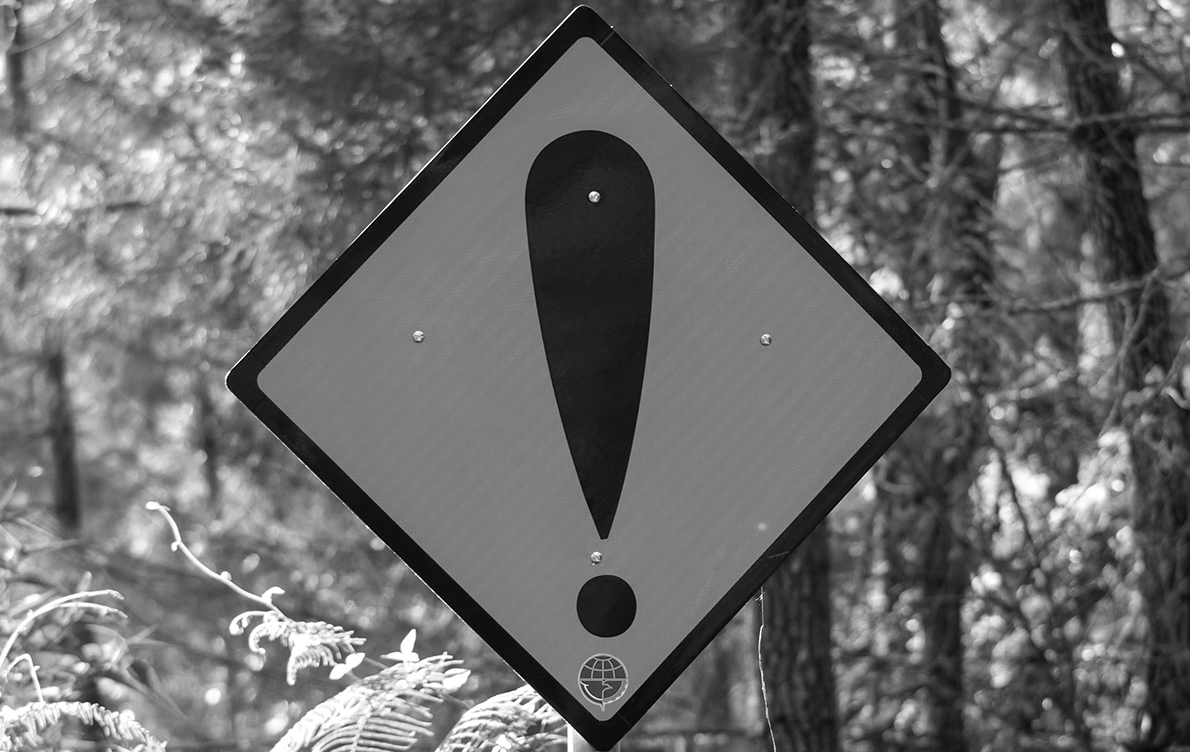The “Time Of Application” Rule Will Not Protect Developers Who Submit Incomplete Applications.
Developers often employ the “time of application” rule (“TOA Rule”) to avoid having to comply with certain legal requirements enacted after an application has been submitted to a local planning or zoning board. More specifically, the TOA Rule provides that “notwithstanding any provision of law to the contrary, those development regulations which are in effect on the date of submission of an application for development shall govern the review of that application….” See N.J.S.A. 40:55D-10.5 (emphasis added). Notwithstanding this statutory provision, developers must still comply with any new laws that specifically relate to health and public safety.
The TOA Rule replaced the “time of decision” rule, which allowed municipalities to apply new or amended ordinances to pending development applications. As a result, applicants were often compelled to incur significant costs and delays associated with altering their applications in an effort to meet the new legal requirements. The TOA Rule only applies, however, once a development application has been “submitted” to a municipality. Until that time, a developer remains responsible for complying with all legal requirements regardless of when they took effect.
While the term “submission” is not expressly defined under the statute, the New Jersey Supreme Court squarely addressed the issue in Dunbar Homes, Inc. v. Zoning Board of Adjustment of Franklin Township, 233 N.J. 546 (2018). In Dunbar Homes, the developer filed an application to construct 55 garden apartments on a site where garden apartments were considered a permitted conditional use. The next day, the Township enacted an ordinance that prohibited garden apartments in the zone where the site was located. The zoning official subsequently determined that the developer had not submitted all documents required by the zoning board’s development application checklist. The developer was then notified that the TOA Rule was inapplicable and that it would need to file a new application with the zoning board seeking a “use” variance pursuant to the more stringent standards implicated by N.J.S.A. 40:55D-70(d)(1).
The zoning board sided with the zoning official and the developer appealed to the Law Division. The Law Division judge disagreed and concluded that the application was deemed “submitted” because it provided the board with “sufficient information to begin its review” and, therefore, the TOA Rule applied. The Township appealed and the Appellate Division reversed that decision after finding that the relevant statute defining the term “application for development” included all documents prescribed by the board’s checklist for development. Applying this bright-line rule, the Appellate Division concluded that the failure to submit even one of the items on the board’s checklist precluded application of the TOA rule. The Supreme Court ultimately agreed with the Appellate Division, noting that N.J.S.A. 40:55D-3 expressly defined an “application for development” to include: “the application form and all accompanying documents required by ordinance.” Because it was undisputed that the developer failed to submit all required documentation and neither sought nor obtained a waiver regarding any requirements, the Court found that the application was never submitted and the TOA Rule did not apply.
Accordingly, developers must be certain to submit all documents identified in the municipal development application checklist or seek and obtain a waiver. Only by vigorously complying with the requirements of the municipal checklist can a developer expect to avail itself of the protections afforded by the TOA Rule.
No aspect of this advertisement has been approved by the highest court in any state.
Results may vary depending on your particular facts and legal circumstances.
As the law continues to evolve on these matters, please note that this article is current as of date and time of publication and may not reflect subsequent developments. The content and interpretation of the issues addressed herein is subject to change. Cole Schotz P.C. disclaims any and all liability with respect to actions taken or not taken based on any or all of the contents of this publication to the fullest extent permitted by law. This is for general informational purposes and does not constitute legal advice or create an attorney-client relationship. Do not act or refrain from acting upon the information contained in this publication without obtaining legal, financial and tax advice. For further information, please do not hesitate to reach out to your firm contact or to any of the attorneys listed in this publication.
Join Our Mailing List
Stay up to date with the latest insights, events, and more







